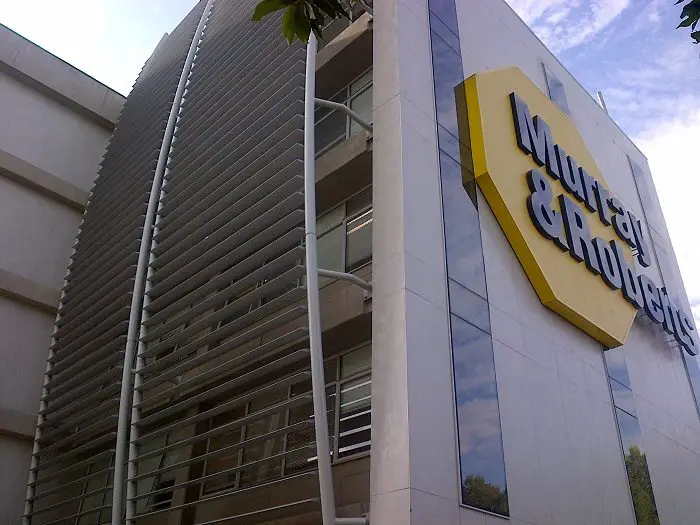The Competition Commission of South Africa has issued yet another additional fine to construction firm Murray & Roberts, for its involvement in collusive tendering on 2010 FIFA World Cup projects.
Early last week the competition tribunal confirmed a 42.5 million fine to Murray & Roberts in a statement by the commission’s spokesperson Itumeleng Lesofe.
This is in addition to the US 20Million it had to pay in 2013, when the Commission wrapped up its fast-track investigation process into collusion in the construction sector. The commission began the fast-track process in 2011.
According to the commission the fine must be paid by August next year and came as no surprise to Murray & Roberts, company spokesman Ed Jardim .
The company had made a provision for the fine following “an in-principle agreement in 2014 with the Competition Commission that was confirmed by the tribunal”.
During the Commission’s first fast-track investigation, Murray & Roberts had co-operated and as such, had reportedly received a lesser penalty.
The fast-track settlement process resulted in 15 companies concluding consent agreements with the commission in terms of which they agreed to pay penalties totalling R1.46 billion.
South Africa’s construction sector is on the brink of a crisis with many construction firms reported declining profits in the last few years, mainly as a result of the global financial crisis and a lack of civil engineering activity.
Markets have recently gone from bad to worse on the global mining commodities rout and a worsening longterm slump in demand for steel products used in infrastructure.
This has seen the market capitalisation of many JSE-listed infrastructure groups drop in recent years, including for major companies with attractive price:earnings multiples such as Murray & Roberts and Aveng.
More job losses in construction are likely, with executives in the sector predicting it will continue to suffer the effects of slow economic growth and falling commodity prices during the next financial year.
